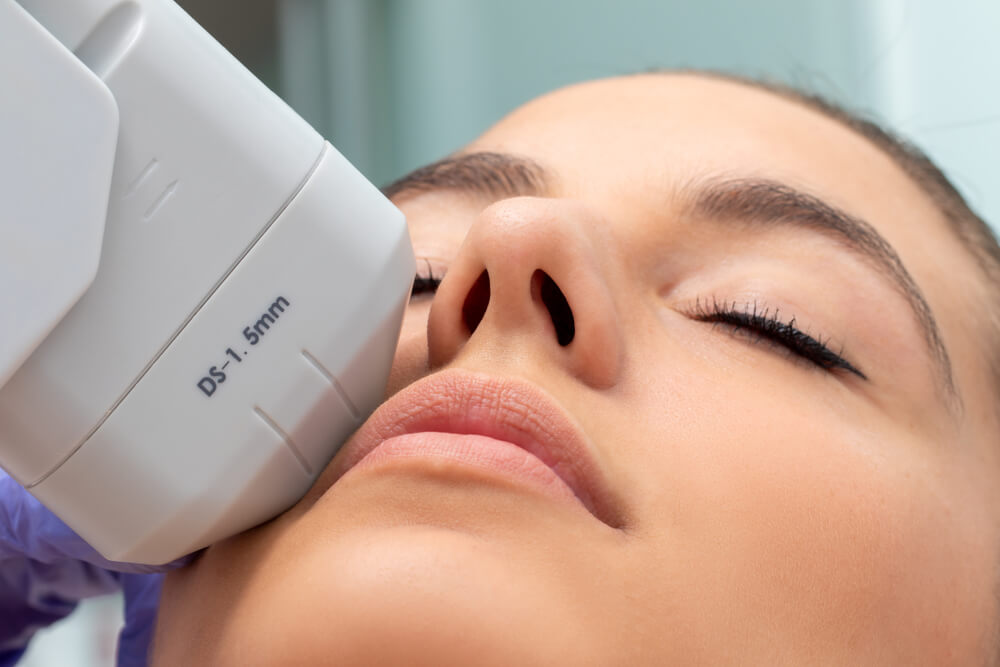Oral cancer is the sixth most frequent type of cancer in the United Kingdom, with around 8,300 persons diagnosed each year. If found late, oral cancer, likewise has a significant death rate, with a five-year survival rate of roughly 50%. Its high mortality rate is due to the fact that it is typically discovered late in its development. Early stages of oral cancer are difficult for individuals to detect, and there is no national early screening program in the Dentist montebello ca. Nonetheless, it is a malignancy where early detection is advantageous. Early detection of oral cancer increases the odds of survival from 50% to 90%.
Montebello Family Dental : Why is it so difficult to detect oral cancer?
Early identification is critical for the successful treatment of oral cancer, and for someone at home going about their regular dental practice of brushing and flossing, the early indicators may be missed. There is generally little discomfort in the early stages, and any visual indicators may be difficult to detect – they might be minute patches of various colors in the oral tissues, only truly obvious when light is flashed directly into the mouth. If you are not experiencing discomfort in your mouth, you are unlikely to shine a light into it and seek for any indication that something is wrong. So what does “abnormal” even mean when the interior of the mouth is not something you can see?
Watch Out For These Warning Signals
Oral cancer is difficult to diagnose in its early stages since there are no visible signs to look for, however, anybody experiencing one or more of the following symptoms should contact a Cosmetic dentist montebello:
- A sore or ulcer in the mouth that does not cure within three weeks
- Swelling or lumps in the mouth, head, or neck
- Inexplicable chewing trouble or problems moving the chin or tongue
- Hoarseness and severe sore throat that lasts for several weeks
- Novel and enigmatic tooth mobility
- White or red patches in the mouth
- Mouth discomfort that persists
How Can You Avoid Oral Cancer?
Oral cancer, according to scientists, begins when the DNA in the cells within your mouth is damaged. But, some factors, like as your health practises, might increase your chances of contracting it. To avoid oral cancer, follow these steps:
- Tobacco use and smoking should be avoided, and alcohol should be used in moderation.
- Consume a well-balanced diet.
- Minimize your time in the sun. Frequent exposure raises the risk of lip cancer, particularly in the lower lip. When out in the sun, use UV-A/B-blocking sun block creams on your skin and lips.
Risk Elements
Oral cancer primarily affects adults over the age of 50, and it is often connected with those who have smoked for most of their lives; however, nonsmokers can also be impacted. Around 4% of all diagnoses are for those under the age of 40.
Additional risk factors are:
As compared to unexposed never-smokers, the risk of mouth cancer is 87% greater among never-smokers who have ever been exposed to ETS at home or work. Drinking more than 10 units of alcohol each week may increase the risk of mouth cancer by 81%. The risk of mouth cancer in those with HIV/AIDS is almost double that of the general population.
So, make your visit to Montebello family dental right now before it’s going too late!




















